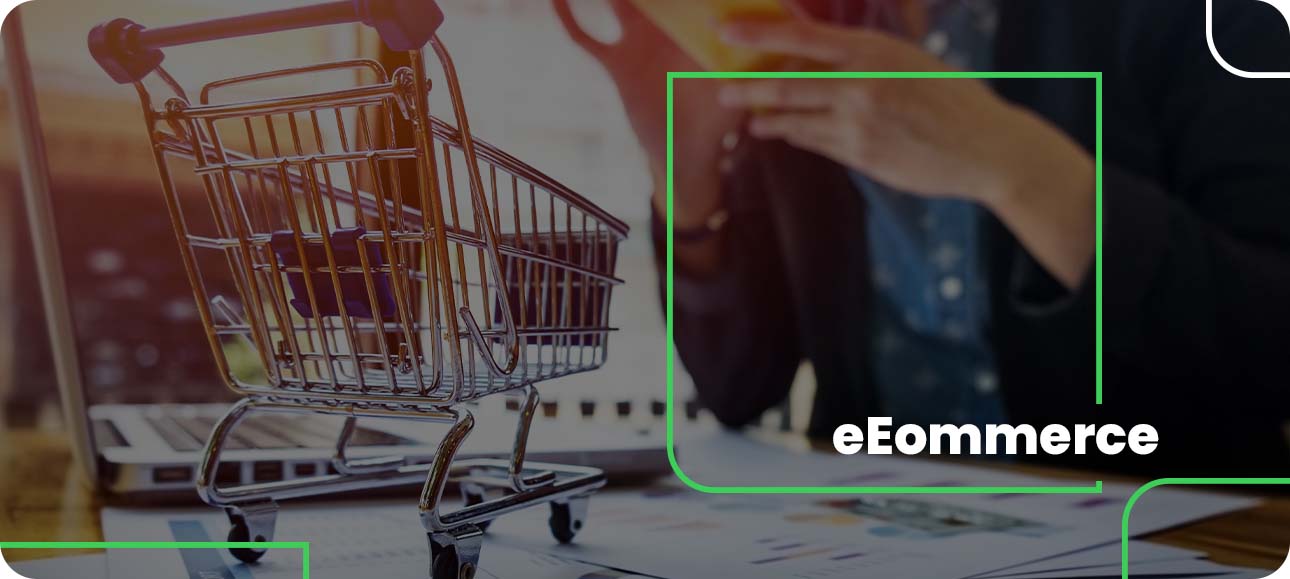The way we shop and do business has changed dramatically in the last two decades. From buying clothes and gadgets to booking tickets and paying bills, almost everything can be done online. This shift has been made possible by E-commerce, short for electronic commerce.
But what exactly is e-commerce? How does it work? And why is it so important for modern businesses? Let’s break it down in simple terms.
Definition of E-commerce
E-commerce refers to the buying and selling of goods and services over the internet. It also includes the transfer of money and data to complete these transactions. Simply put, whenever you buy something online—whether from Amazon, Flipkart, or a local store’s website—you are engaging in e-commerce.
Unlike traditional commerce that requires a physical store, e-commerce operates online, making it faster, more convenient, and accessible to anyone with an internet connection.
Types of E-commerce
There are different types of e-commerce models depending on who is buying and selling:
1. Business to Consumer (B2C)
This is the most common type. Businesses sell directly to individual customers. Example: Ordering shoes from Myntra.
2. Business to Business (B2B)
Companies sell products or services to other companies. Example: A software company selling tools to another business.
3. Consumer to Consumer (C2C)
Individuals sell directly to other individuals, often through platforms. Example: Selling old furniture on OLX.
4. Consumer to Business (C2B)
Here, individuals offer products or services to businesses. Example: A freelancer designing a logo for a company.
5. Government Transactions (B2G / G2B)
Businesses or citizens interact with government services online, such as paying taxes or applying for licenses.
Advantages of E-commerce
E-commerce has grown rapidly because it offers several benefits:
- Convenience: Customers can shop anytime, from anywhere.
- Wider Reach: Businesses can sell beyond their local area, even internationally.
- Lower Costs: No need for expensive physical stores.
- Variety: Customers get more options compared to local shops.
- Data Insights: Businesses can track customer behavior to improve services.
Challenges of E-commerce
While powerful, e-commerce also has challenges:
- Trust & Security: Customers may worry about payment safety.
- Delivery Issues: Late or damaged deliveries can hurt reputation.
- Competition: Online markets are crowded and competitive.
- Technology Dependence: Businesses must invest in reliable websites, apps, and security.
Key Features of an E-commerce Business
For an e-commerce business to succeed, it needs:
- Website or App – User-friendly, mobile-friendly, and fast.
- Product Listings – Clear descriptions, photos, and prices.
- Payment Gateway – Safe online transactions (UPI, cards, wallets).
- Logistics – Reliable shipping and delivery.
- Customer Support – To resolve issues quickly.
- Marketing Tools – SEO, ads, and social media integration.
Examples of E-commerce Platforms
Some of the world’s most successful companies are e-commerce giants:
- Amazon – Global leader in online retail.
- Flipkart – India’s leading e-commerce marketplace.
- Alibaba – A major player in B2B and retail.
- Shopify – A platform that allows small businesses to create online stores.
These examples show how powerful e-commerce can be in transforming businesses.
Why E-commerce is the Future
The future of business is digital. With more people using smartphones, faster internet, and digital payments, e-commerce is only going to expand. Businesses that adopt online selling will have more opportunities to grow, while those who ignore it may struggle to survive.
E-commerce is not just for big companies—even small shops, service providers, and startups can benefit by creating an online presence.
Final Thoughts
E-commerce is the modern way of doing business. It makes shopping easier for customers and opens new opportunities for businesses. Whether you are a buyer enjoying the convenience of online shopping or a seller looking to grow your business, e-commerce is the future.
For any queries, contact Techork for free consultancy. Our supportive team will visit your office, discuss your requirements, and analyze your needs. We help you build the right online infrastructure to grow your business effectively.




